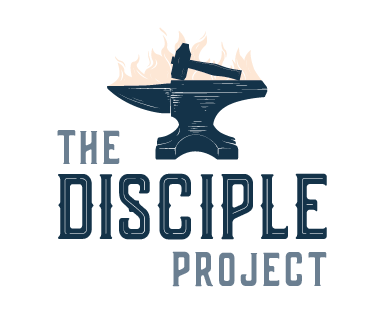I recently watched a podcast episode about the value of reviewing your goals and I thought I’d pass them along to you.
Principles of Review
The unexamined life is not worth living – Socrates
I would put it this way, “the unexamined youth ministry isn’t worth building”.
Not reviewing your goals, events or programs means you know neither success or failure. You don’t really know if you were successful. Neutrality is the enemy of progress. You have to be willing to dig into your youth ministry, as well as yourself, and call out the good, the bad, and the ugly.
Set a schedule for review
Daily – Prayer, Scripture, Reflection
Examine yourselves to see whether you are in the faith; test yourselves. Do you not realize that Christ Jesus is in you—unless, of course, you fail the test?
2 Corinthians 13:5
Search me, O God, and know my heart; test me and know my concerns. See if there is any offensive way in me; lead me in the way everlasting.
Pslam 139:22,23
Weekly – Relationship, communications, personal growth (reading, etc)
Monthly – Meetings and classes (small groups, Sunday School, etc)
Quarterly – Events, programs
Review Questions
Was it valuable?
You have to decide what makes an event or program valuable. Is what makes it valuable the number of students showing up? Is it how many people came to Christ at an event? Is it the spiritual depth of the program? Is it the amount of new guests it attracts? All of these are worthwhile questions to ask about a program, but ultimately, you determine it’s value.
Am I Approaching My Review As Learner or Expert?
Whether you’re reviewing a program of your youth ministry or reviewing yourself, take the pressure off yourself by a approach it from a learners perspective not an expert. Learners are always learning. Expert become frustrated that they didn’t get thing right or that they should know better.
Being the learner allows you to give yourself some grace. Being the expert forces you to be judgmental. Remember, it doesn’t matter how long you’ve been doing youth ministry, you’re always the learner.
What are you most proud of?
It might be that the thing you are doing is not going well or even failed, you can still find something to proud of, even if it was your bravery to try it in the first place. Find the wins in whatever you’re reviewing, it’s good for your self esteem and confidence. If all you find are mistakes or are always critical, you’ll only sabotage your next endeavor.
Did I focus on my strengths or weaknesses?
If your event of program did not come off as well as you liked it to ask where you put most of your effort. Were you focused on your strengths and delegated your weaknesses or were you mire in things you were not good at. This makes all the difference in your review process because you can pinpoint where things got off course and gives you an idea where you need to invest your time, talent and energy.
Where are you at risk?
I’ve done some activities, games and outreaches that were kind of janky. Maybe I did not have enough leaders or I did not take enough safety precautions and I put my reputation, as a leader, a risk. Asking, “Am I at risk?” is not to poo poo the fun, it’s to increase wisdom. Better choices make for better events and you gain the trust of those around you. Bad decisions do just the opposite.
Think through your risks. What’s at risk..
If you don’t get rid of a misplaced leaders?
If you don’t stop sinking so much time into your hobby?
If you don’t deal with that situation early?
If you don’t talk with your pastor about X?
Youth ministry is inherently risky so you’ll never eliminate it, but you can limit it.
If you’re looking for guidance, accountability and want to build a successful youth ministry, consider making me your coach. Click here to learn more.
